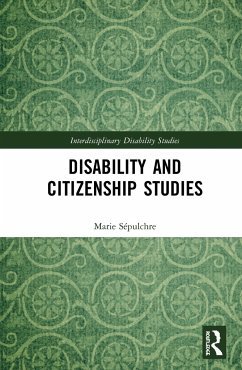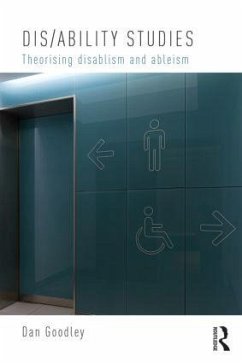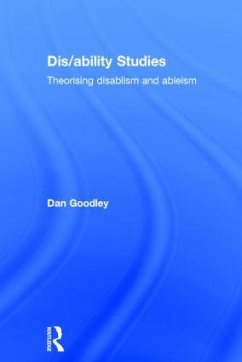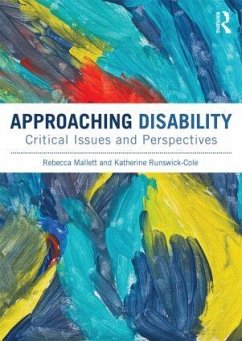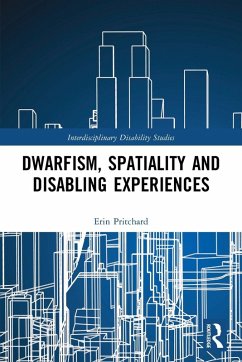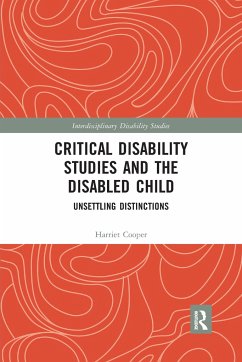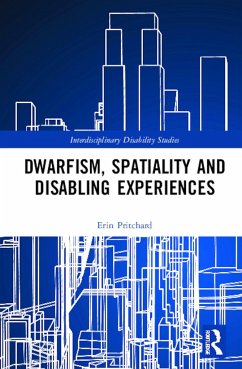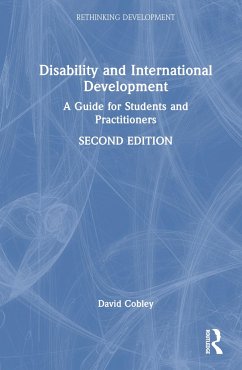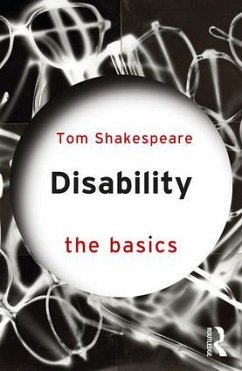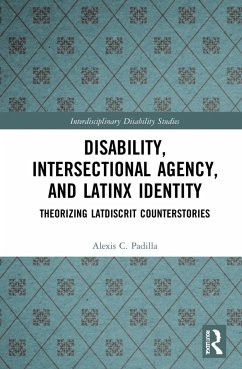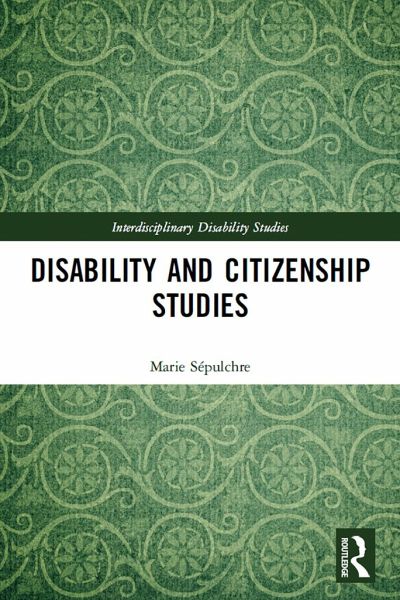
Disability and Citizenship Studies
Versandkostenfrei!
Versandfertig in 6-10 Tagen
38,99 €
inkl. MwSt.
Weitere Ausgaben:

PAYBACK Punkte
19 °P sammeln!
Focusing on the case of disability, this book examines what happens when previously marginalised individuals obtain the legal recognition of their equal citizenship rights but cannot fully enjoy these rights because of structural inequality.Bringing together disability and citizenship studies, it explores an original conceptualisation of disability as a distinct social division and approaches citizenship as a developing institution. In addition to providing innovative theoretical perspectives on citizenship and disability, this book is grounded in the empirical analysis of the claims of disabi...
Focusing on the case of disability, this book examines what happens when previously marginalised individuals obtain the legal recognition of their equal citizenship rights but cannot fully enjoy these rights because of structural inequality.
Bringing together disability and citizenship studies, it explores an original conceptualisation of disability as a distinct social division and approaches citizenship as a developing institution. In addition to providing innovative theoretical perspectives on citizenship and disability, this book is grounded in the empirical analysis of the claims of disability activists in Sweden. Drawing on a wide range of blog posts and debate articles, it sheds light upon the inequality and domination faced by disabled people in Sweden and underlines the disability activists' proactive ideas and solutions for constructing a more equal citizenship.
This book will be of interest to scholars, activists and policymakers in the fields of disability, citizenship, social inequality, human rights, politics, activism, social welfare and sociology.
Bringing together disability and citizenship studies, it explores an original conceptualisation of disability as a distinct social division and approaches citizenship as a developing institution. In addition to providing innovative theoretical perspectives on citizenship and disability, this book is grounded in the empirical analysis of the claims of disability activists in Sweden. Drawing on a wide range of blog posts and debate articles, it sheds light upon the inequality and domination faced by disabled people in Sweden and underlines the disability activists' proactive ideas and solutions for constructing a more equal citizenship.
This book will be of interest to scholars, activists and policymakers in the fields of disability, citizenship, social inequality, human rights, politics, activism, social welfare and sociology.





